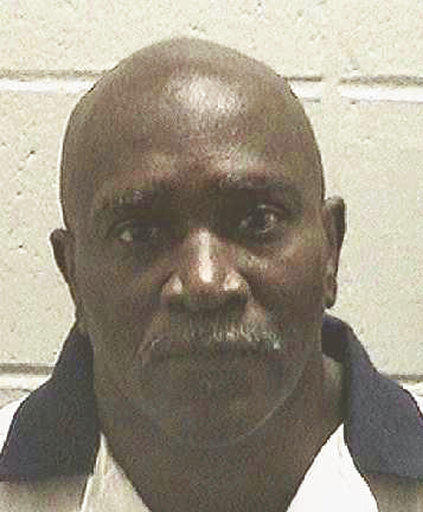Section Branding
Header Content
Justices Spurn Georgia Inmate, Despite Juror's Racial Slurs
Primary Content
The Supreme Court is rejecting a new appeal from a Georgia death row inmate, despite evidence that a juror in his capital case used racial slurs.
The high court had previously blocked the execution of Georgia inmate Keith Leroy Tharpe. But the justices on Monday refused to take up his case after a lower court ruled against him.
Justices Spurn Georgia Inmate Despite Juror's Racism
The 59-year-old Tharpe is trying to get his death sentence thrown out because of comments the juror made to defense investigators several years after Tharpe's trial. The juror signed an affidavit, though he later testified that he voted for Tharpe's death sentence because of the evidence against him. The juror has since died.
In writing to explain her concurring opinion in the matter, Justice Sonia Sotomayor describes the ideas of now juror Barney Gattie as "evil" and as presenting an "appalling risk that racial bias swayed the death row sentencing" of Tharpe in Jones County.
Seven years after he voted to send Tharpe to death row, Gattie told Tharpe’s attorneys among other things he wondered if black people have souls. But there were procedural hiccups in getting that information back into court. Sotomayor agreed with other justices that those mistakes mattered. Marcy Widder is an attorney with the Georgia Resource Center representing Tharpe.
"I mean it's kind of a posture of handwringing over her inability to address something," Widder said. "Like someone's life or death."
The Supreme Court had issued a stay of execution in 2017 to consider the juror’s racism. Sotomayor says this may be the end of the road for Tharpe’s claim of juror bias.
Tharpe was convicted of killing his sister-in-law.
Bottom Content



